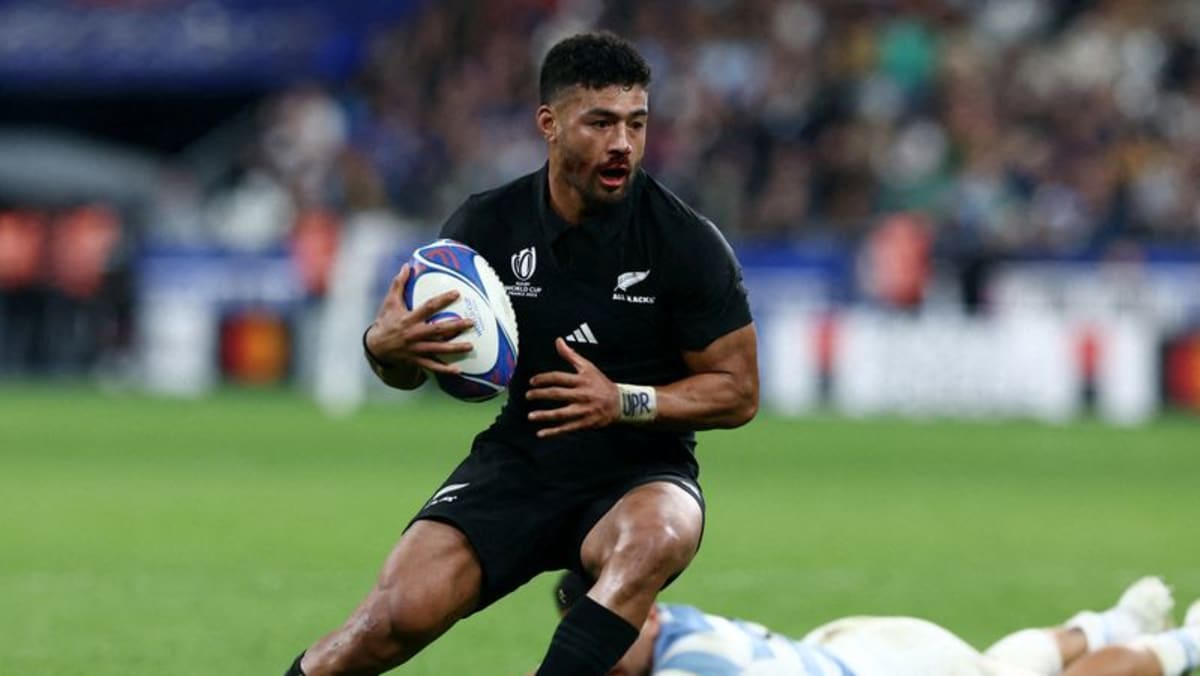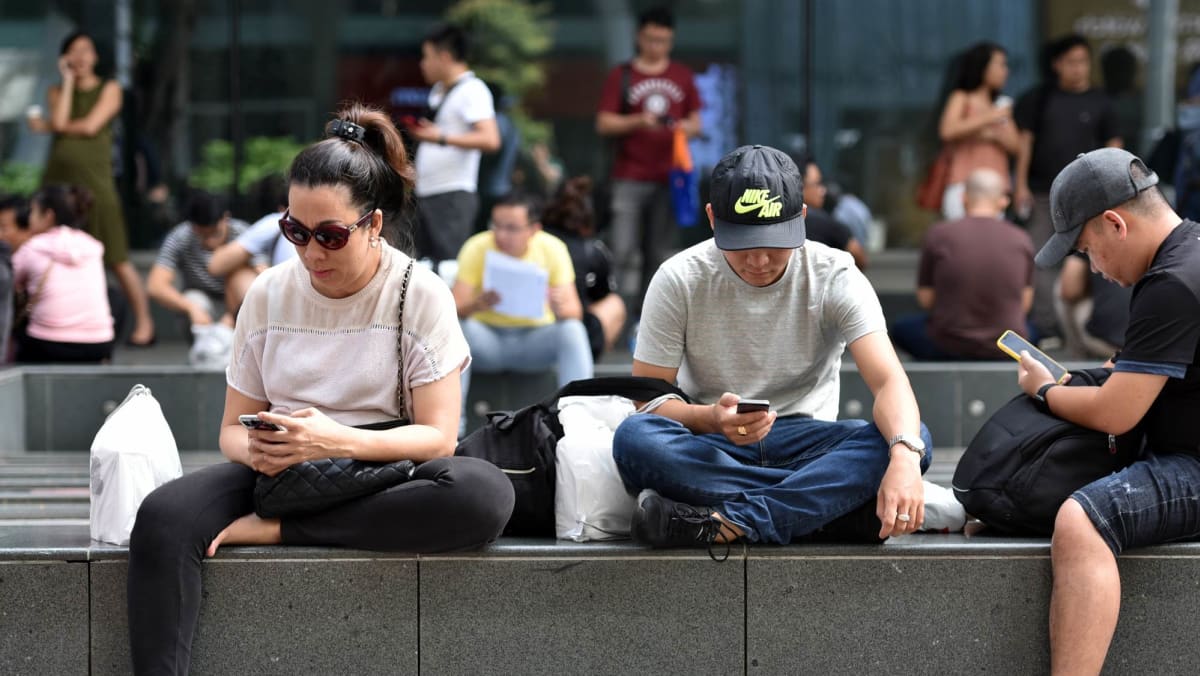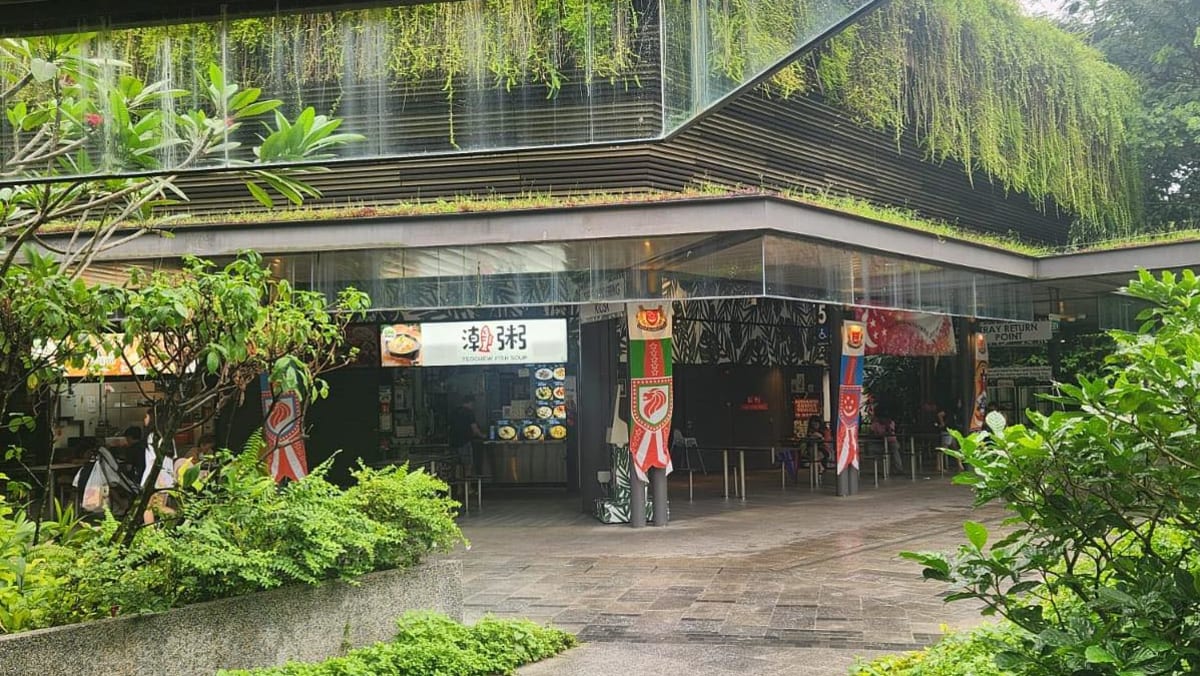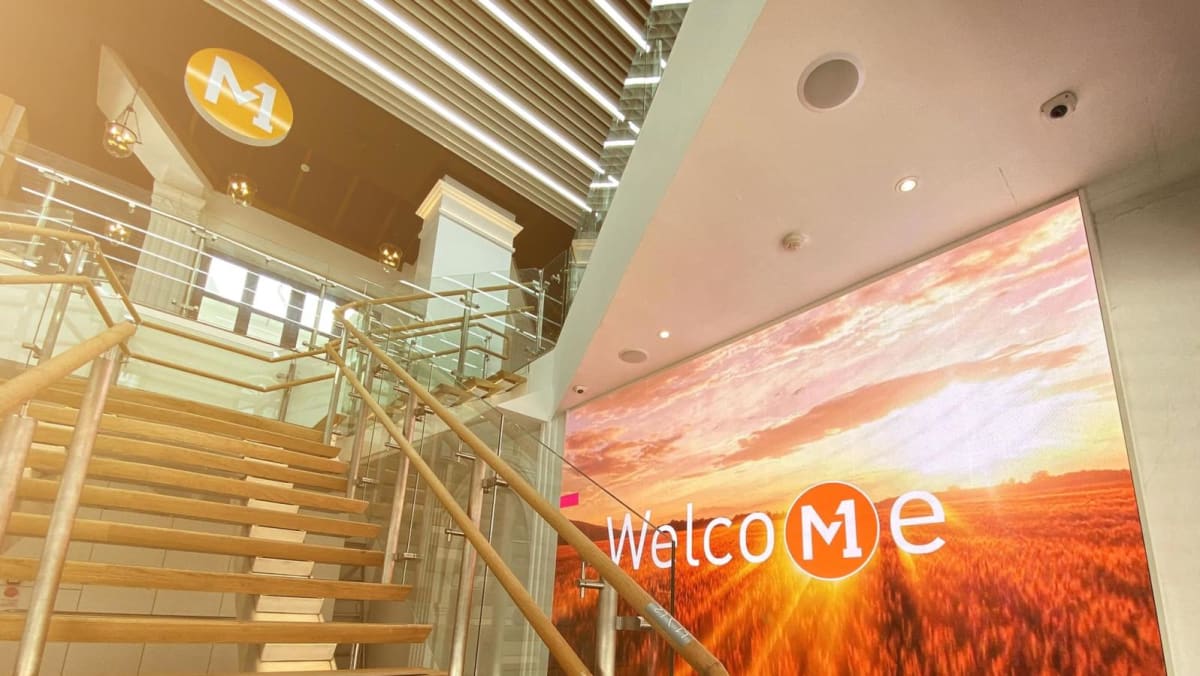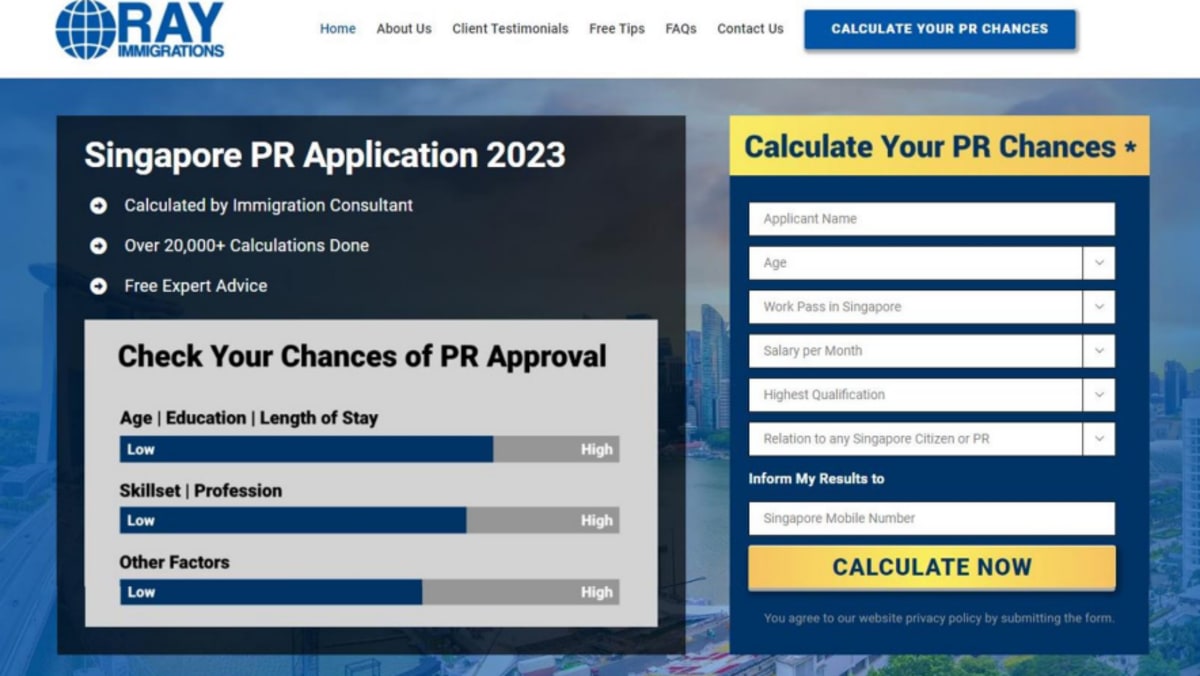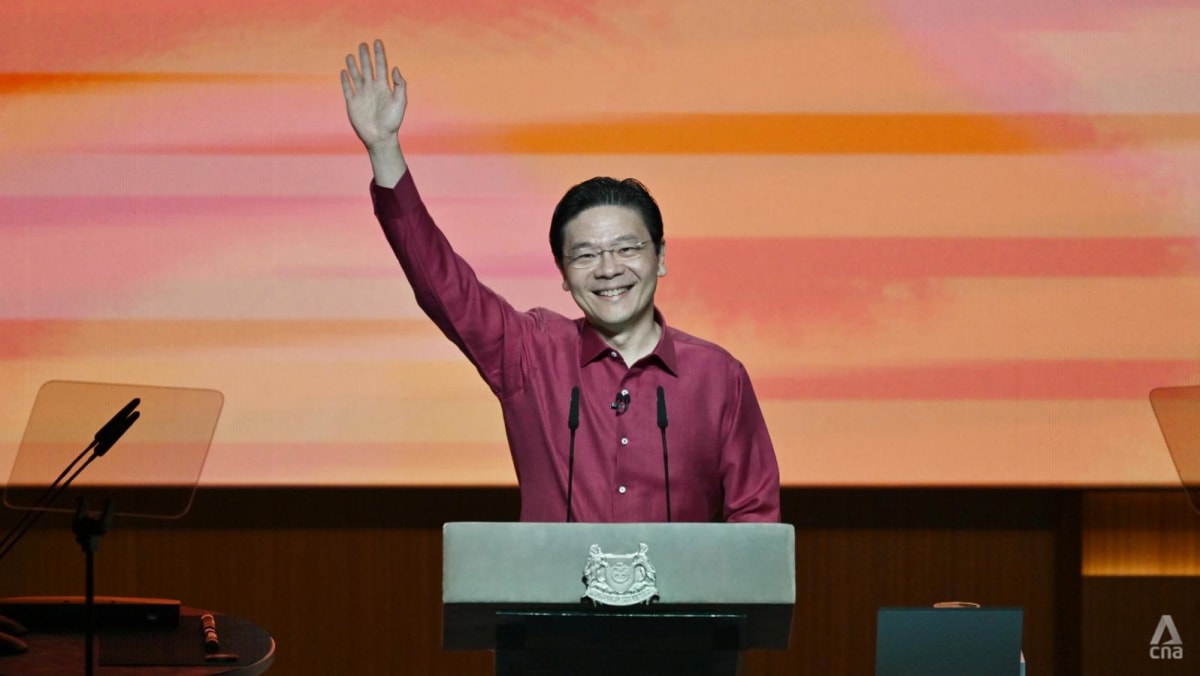SINGAPORE: Mobile plan prices in Singapore could fall following Simba Telecoms’ proposed acquisition of M1 Limited, as rival telcos adapt to the company’s disruptive pricing strategy, analysts said.
Known for its affordable mobile plans with large data bundles, Simba is expected to push the local telco industry into a new phase of competition, especially as it leverages M1’s nationwide infrastructure to strengthen its own network coverage.
On Monday (Aug 11), asset manager Keppel announced plans to sell M1 to Simba, with the transaction expected to be completed within months, pending approval from the Infocomm Media Development Authority (IMDA).
“For retail customers, this acquisition is good news because Simba is known for its low-cost, high-data mobile offerings,” said Ms Shirley Tee, deputy director for industry and innovation at Nanyang Polytechnic’s School of Business Management.
“This will likely pressure other telcos to either lower their prices or improve their own service bundles to remain competitive.”
She added that the new entity could introduce novel billing approaches such as usage-based pricing or AI-personalised plans.
Enterprise customers, such as large firms and organisations, may also benefit from more competitive pricing and attractive bundled offerings across mobile, broadband and information and communication technology (ICT) services, Ms Tee said.
Professor Lawrence Loh from the National University of Singapore Business School said the move signals growing consolidation in the telecoms sector.
“Disruptive pricing plans and agile asset-light strategies may be the way forward for market players to survive and thrive,” he said.
He noted the development mirrors global trends where legacy providers are challenged by digital-first entrants.
Tech industry observer Oo Gin Lee said bills may fall if Simba extends its “no frills, cheap access services” to M1’s customer base. A tiered system could also be introduced, offering premium services to legacy M1 customers while retaining Simba’s low-cost model for existing users.
Still, Ms Tee cautioned that fewer players in the market could eventually reduce pricing diversity if not properly regulated.
BETTER CONNECTIVITY AND CAPACITY
The acquisition would allow Simba to tap M1’s physical infrastructure – such as base stations and cell towers – to strengthen signal strength islandwide.
Founded in 1994, M1 has an advanced telecommunications network. Simba, the youngest of Singapore’s four fully licensed mobile network operators, holds full 4G and 5G spectrum rights.
Prof Loh said the combined strengths of both entities would enhance customer offerings.
“M1 has the technology advantage with its advanced network while Simba has emerged as an innovative consumer service provider,” he said.
“The transfer will allow the M1 to scale in a focused way in the telecoms industry.”
Mr Oo added that while it is unclear if spectrum rights are part of the deal, Simba is likely to gain from M1’s existing physical infrastructure, such as base stations and cell towers, to improve its signal strength.

